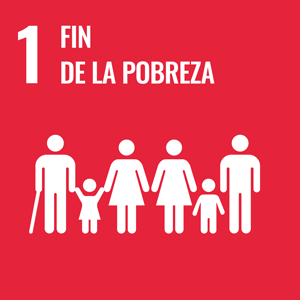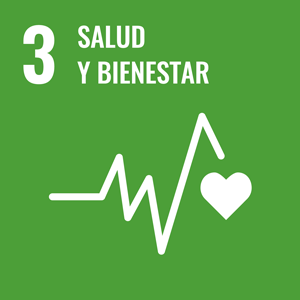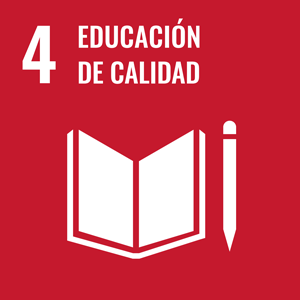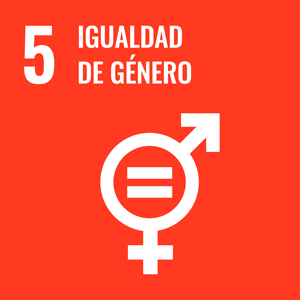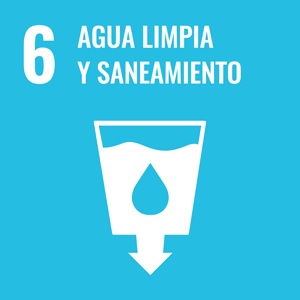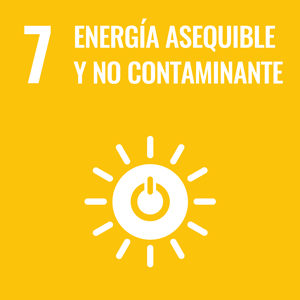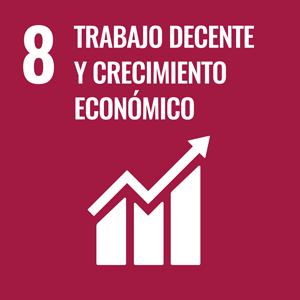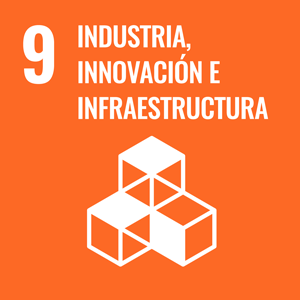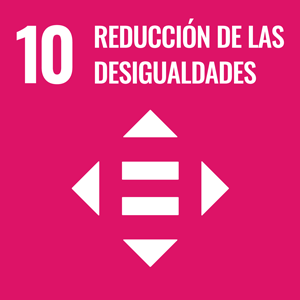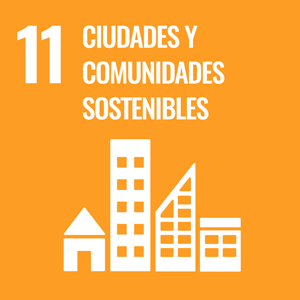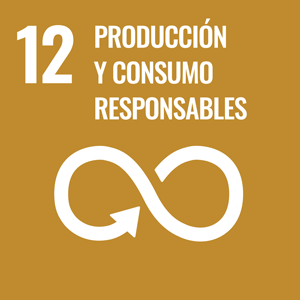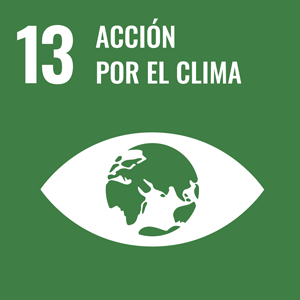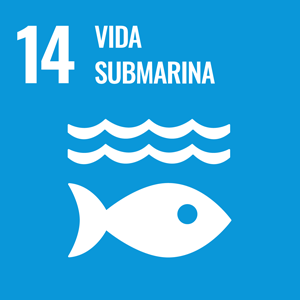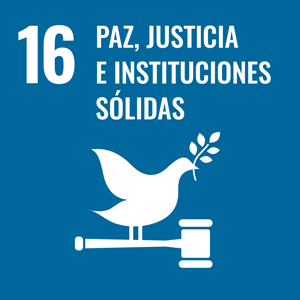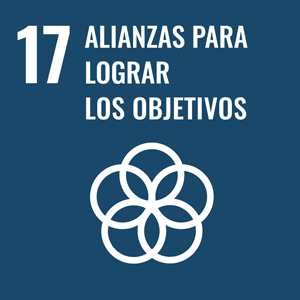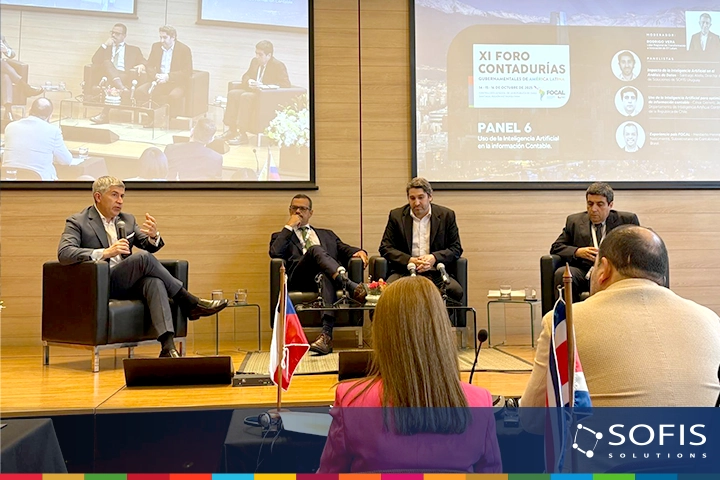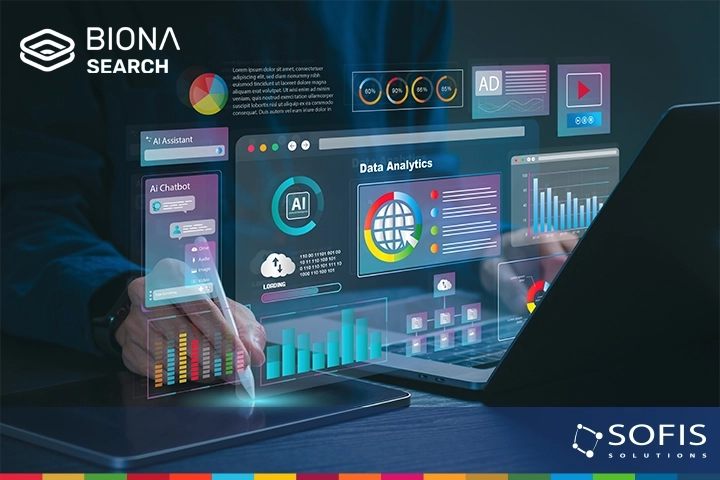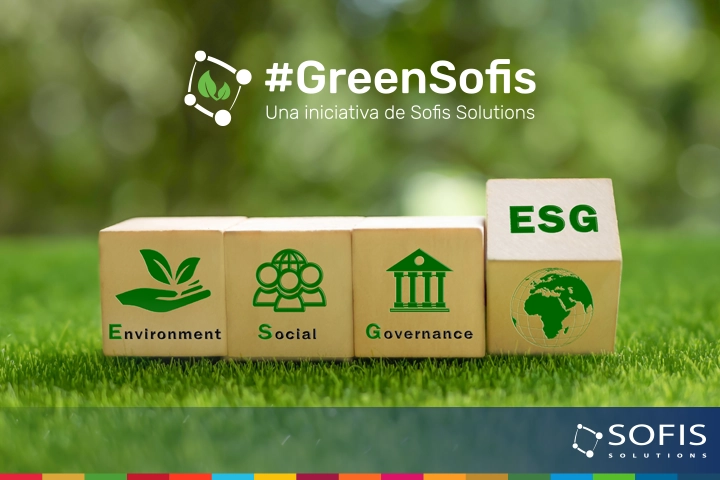-
Who we are
-
-
StrategyMission
To solve the challenges of organizations and communities through intelligent, secure, sustainable, and people-centered solutions, so they generate real value in their social and productive contexts.
VisionTo be the chosen company by organizations seeking to innovate with quality, purpose, and trust in the intelligent era.
Learn moreValues- Ethics and transparency
- Professionalism
- Respect
- Honesty
- Innovation
- Responsibility
- Effectiveness
- Integrity
- Customer orientation
- Punctuality
-
-
-
History
Sofis Solutions was born in 2005, in the city of Montevideo - Uruguay.
Since its inception, the main driver was and remains quality. This applies to processes, products, and relationships with the environment.The internationalization of the company It was one of the founding objectives. In the first stage, it expanded from Uruguay, and in the second stage, it opened offices in Latin American countries. Currently, it has offices in Montevideo, Panama, El Salvador and Ecuador.
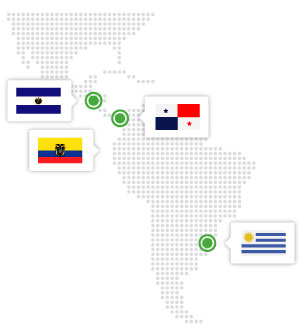
-
-
-
Alliances

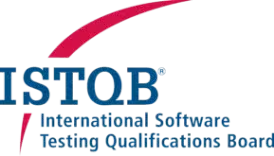



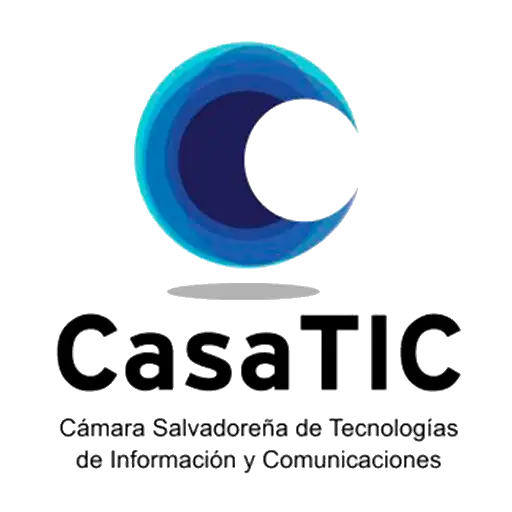


-
-
-
Certifications

CMMI-DEV-3
More informationNational Quality Award - 2023 Edition
More informationISO 9001:2015
Quality Management SystemISO 37001:2016
Anti-Bribery Management SystemISO 14001:2015
Environmental Management System
-
-
-
SustainabilityLearn more
Sofis Solutions integrates environmental, social, and governance (ESG) principles into its management and operations, driving sustainability through Digital Transformation. Its strategic approach prioritizes energy efficiency, digital inclusion, and transparency in digital governance, contributing to the responsible development of organizations.
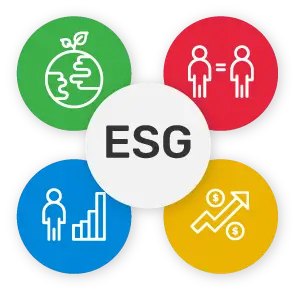
-
-
-
What we do
-
-
IT projectsLearn moreAt our Software Factory, we specialize in providing software development solutions with a focus on excellence and sustainability.
-
-
-
Software qualityOur software quality services comprehensively address the aspects or dimensions of software quality, addressing this approach throughout the entire software development cycle.
- Manual and automated functional suitability testing
- Performance testing
- Software product quality
- Software quality consulting
Learn more
-
-
-
Staff AugmentationLearn moreWhat is IT Staff Augmentation? IT Staff Augmentation is a specialized technical staffing model that enables organizations to increase their agility and respond to the changing technological needs of the market.
-
-
-
ConsultancyIn the public sector, strategic decisions and projects with citizen-centered designs and excellence have the power to transform entire communities.Learn more
-
-
-
BIonA SuiteBIonA Suite is a comprehensive platform for the intelligent management of processes and services in public and private organizations. BIonA Suite facilitates smart transformation with a focus on public value and user experience. Learn more
-
-
-
Projects
-
-
Recent projects
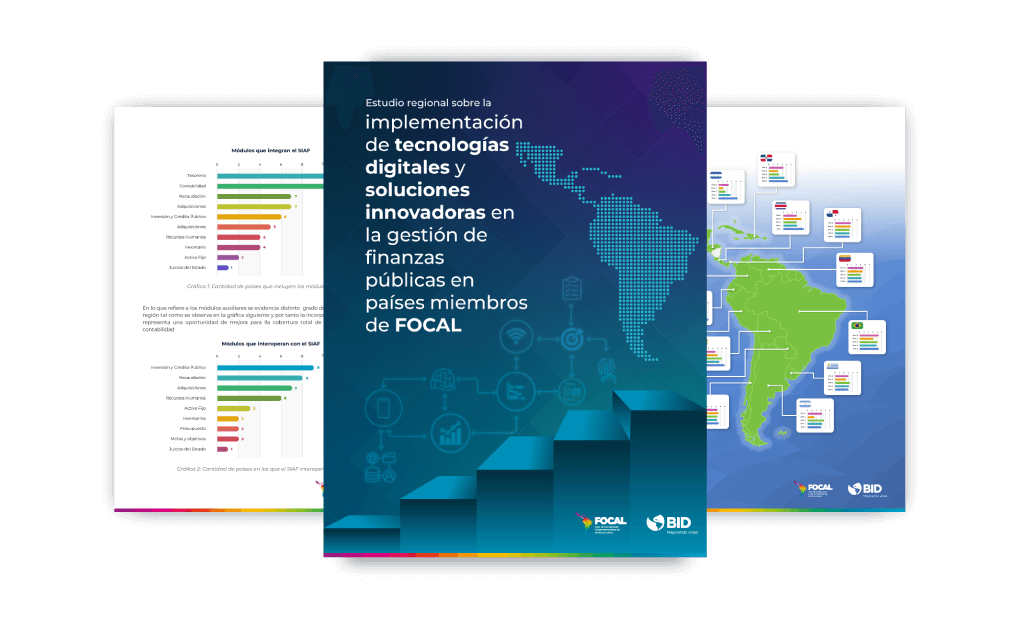 FOCAL Regional StudyFOCAL - El Salvador
FOCAL Regional StudyFOCAL - El Salvador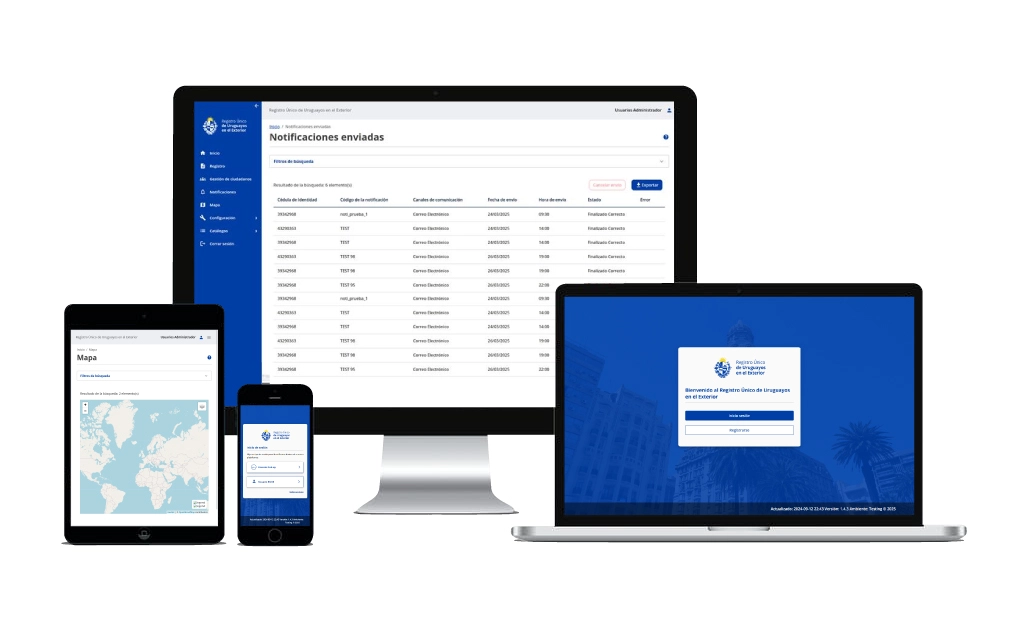 Single Registry of Uruguayans AbroadMinistry of Foreign Affairs - Uruguay
Single Registry of Uruguayans AbroadMinistry of Foreign Affairs - Uruguay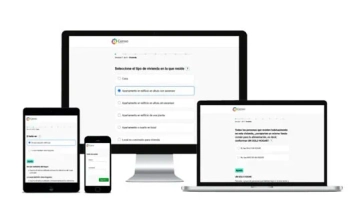 Population and Housing Census 2023National Institute of Statistics - Uruguay
Population and Housing Census 2023National Institute of Statistics - Uruguay
-
-
-
Digital Public InfrastructureWhat are Digital Public Platforms?ProjectsProducts
-
-
-
-
Mobile applicationsWe create hybrid, native, and PWA solutions for devices with Android and iOS operating systems.
Some of our projects:Digital Patrols, Ecuadorian Bovine Information System, Easy Budget UY, Digital Portfolio, SIGES Teachers App, SIGES Parents App.
Learn more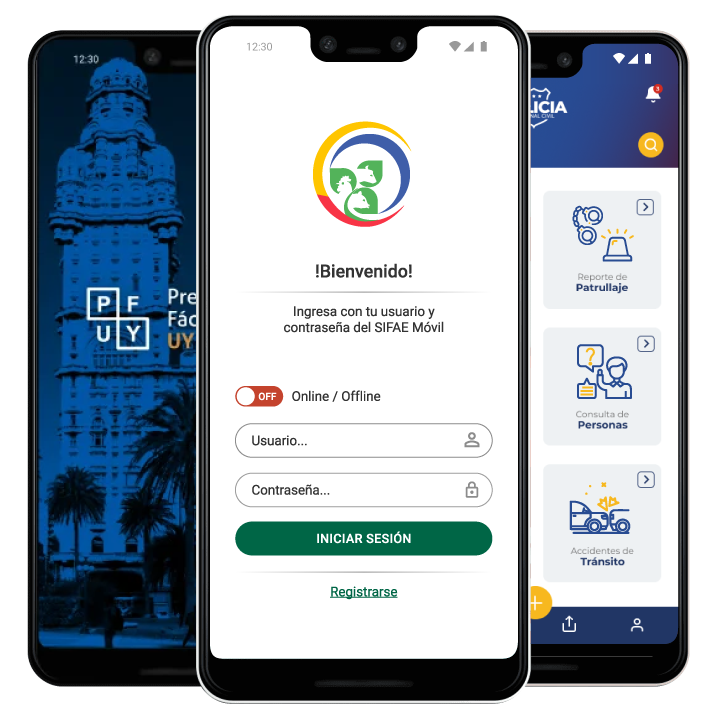
-
-
-
FOCAL regional studyThe purpose of the study was to carry out a regional analysis with the objective of identifying and evaluating the maturity level of the member countries of the Latin American Government Accounting Forum (FOCAL), currently composed of Argentina, Bolivia, Brazil, Chile, Colombia, Costa Rica, Ecuador, El Salvador, Guatemala, Honduras, Mexico, Nicaragua, Panama, Paraguay, Peru, Dominican Republic, Uruguay and Venezuela.Learn more
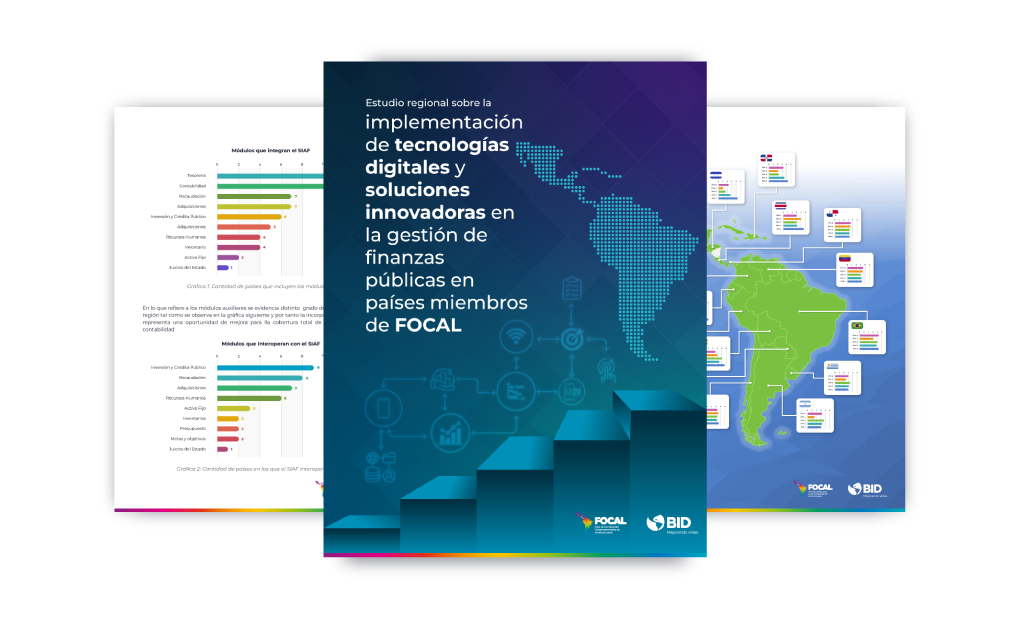
-
-
- AI
-
-
Artificial IntelligenceLearn moreAdvanced Artificial Intelligence (AI) and Big Data solutions that transform the way organizations make decisions and optimize their operations. We specialize in the development of intelligent autonomous agents and generative AI solutions using large language models (LLMs), both on local infrastructure and in the cloud.
-
- Press Room
-
-
Sustainable development
-
-
-
Interviews
 16/06/2025Virtual Threads in Java
16/06/2025Virtual Threads in Java
-
- Innovation
-
-
#GreenSofisMore information
Methodology
#GreenSofisSustainable Digital Transformation Conference
#GreenPath
-
-
-
AI For Everything
It is an initiative by Sofis Solutions, from the Intelligent Solutions Division, that promotes the adoption of artificial intelligence as a key driver of efficiency and effectiveness in the intelligent era.
It integrates both administrative and operational processes, promoting an organizational evolution where technology amplifies knowledge, optimizes decision-making, and generates value in a sustainable and inclusive way.
More information
-
- Contact us
- ES PT-PT
-

Anti-corruption and anti-bribery trends that contribute to corporate ethics
Montevideo, August 28, 2024.
An increasing number of organizations in the public and private sectors are committing to preventing corruption and bribery by adopting best practices and fostering a comprehensive, ethical, transparent, and compliant culture.
The Anti-Bribery Management System of Sofis Solutions is based on the ISO 37001:2016 certification, awarded by the Uruguayan Institute of Technical Standards (UNIT) and AENOR, and includes continuous improvement practices that involve all processes, procedures, and other elements within its scope. In addition, actions are implemented to achieve anti-bribery objectives and to help identify, assess, and manage bribery-related risks.
Obtaining this certification represents a significant milestone for the company, as new ethical and transparency practices were adopted at the operational level, resulting in the strengthening of an integrity culture involving all members of the organization and its stakeholders, who commit to working under ethics and transparency principles.
Recently, Sofis Solutions underwent its annual audit for maintaining its Anti-Bribery Management System, achieving satisfactory results. The organization indicated it will continue its continuous improvement process for the next period.
“The implementation and certification of Anti-Bribery Management Systems have allowed organizations to promote anti-bribery and anti-corruption practices with a systematic and formalized approach, providing, among other things, evidence of established commitments. The application of Information Technologies to reduce, detect, or mitigate risks related to these practices increases the effectiveness of these systems. At Sofis Solutions, we continue our commitment to using technology and solutions that adapt to new needs for the continuous improvement of the Anti-Bribery Management System.”, commented Laura Viré, Coordinator of Integrated Management Systems at Sofis Solutions.
ISO 37001 is designed to establish effective anti-bribery management systems and includes key components such as risk assessment, development of policies and procedures, operational implementation and control, training and communication for all members of the organization, performance evaluation, and continuous improvement through constant review of processes.
Proper implementation of an Anti-Bribery Management System is fundamental for organizations committed to business ethics and transparency.
There are mechanisms and tools designed to address corruption and bribery, contributing to the prevention of such cases. Below are some trends that help organizations achieve effective anti-bribery and anti-corruption management:
- Standardization and regulation of legislation worldwide: This trend encourages more countries and regions to align and standardize requirements and laws to prevent bribery and corruption. Examples include North America (Canada and the USA), the United Kingdom, the European Union, and Asia and Oceania, which have implemented regulations and independent legislation since the beginning of the century.
- International collaboration against corruption: Collaboration between countries is essential to prevent and eradicate corruption. More countries are sharing knowledge and experiences to minimize corruption and bribery risks. International cooperation supports governments by collecting and disseminating examples of anti-corruption and anti-bribery best practices.
- Incorporation of technology for anti-corruption management: The use of Information and Communication Technologies (ICT) is essential in the fight against corruption and bribery, as it helps investigate, monitor, and detect potential issues. Automation and the integration of Artificial Intelligence can improve due diligence results.
- Due diligence in mergers and acquisitions: Due diligence affects mergers and acquisitions by reviewing the origin of capital to understand financial status. It is necessary to apply due diligence at the highest levels of the organization or include relevant areas and levels, regardless of the location of the operations.
- Transparency in supply chain management: Organizations must implement appropriate measures to prevent corruption and bribery within their supply chains, ensuring that suppliers are committed to transparency.
These trends foster a culture of integrity and compliance. Implementing an Anti-Bribery Management System provides a solid framework for identifying and preventing bribery situations within an organization.
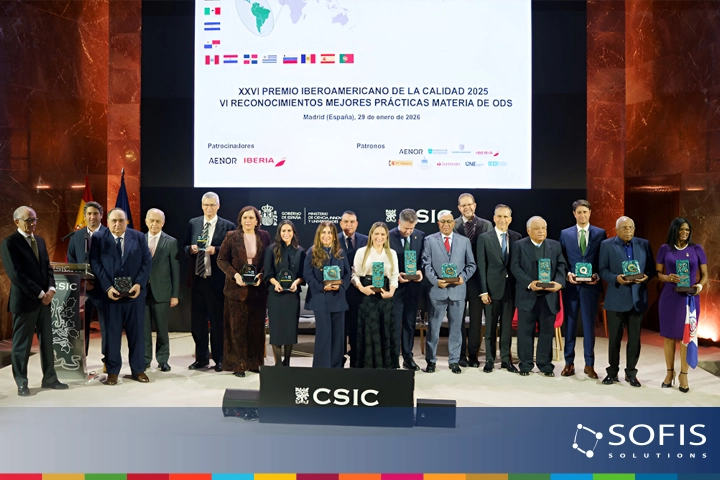
Madrid, January 29, 2026 – Sofis Solutions was honored with the Silver Award at the 2025 Ibero-American Quality Award, the highest recognition for exc......

In this interview we talked with the Software Engineering Group of Sofis Solutions, a team that has been actively working on the evolution of its deve...

On November 20th, the pilot edition of Creative Bureaucracy UY 2025 took place at the Sala Verdi, the local precursor to the Creative Bureaucracy Fest...












 Digital Signature
Digital Signature BionA Suite
BionA Suite Biona SIgn
Biona SIgn